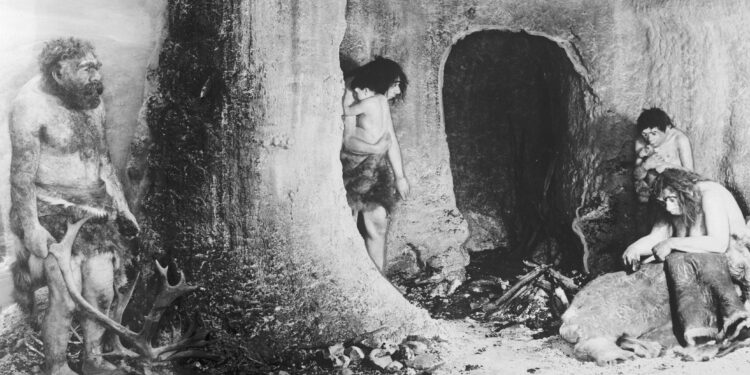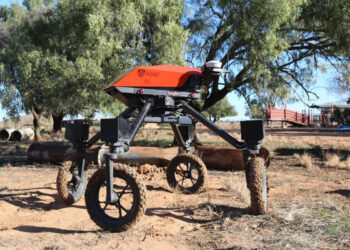Fossils can reveal fascinating stories about ancient societies and species, and some discoveries can change our entire understanding of the past. One such discovery is a fossilized ear bone found in a Spanish cave, shedding light on a Neanderthal community that cared for a child with Down syndrome. This find adds to the growing body of research that is redefining how we view our ancient relatives.
The ear bone, unearthed in 1989 but only recently studied, revealed that the Neanderthal child likely experienced hearing loss, balance issues, and muscle weakness due to Down syndrome. Despite these challenges, the child lived to around age 6, suggesting that the adults in the community showed a remarkable level of care and compassion.
In modern language, “Neanderthal” is often used to describe someone ignorant or barbaric. However, findings like this one are changing that perception. “This find brings home how like us Neanderthals were in so many ways, particularly in our common human desire to care for the vulnerable,” said archaeologist Penny Spikins, who was not involved with the research, in an interview with CNN. “We can imagine that this child was loved and looked after like any other.”
Discover more about this incredible fossil and its implications. This story not only provides insights into Neanderthal life but also highlights the timeless nature of human compassion.




































